It’s Common Knowledge :
Entrepreneurship is a journey fraught with challenges, both mental and physical. In the pursuit of success, entrepreneurs often find themselves navigating a complex landscape that demands resilience, creativity, and adaptability. In the realms of qigong and Tai Chi, ancient Chinese practices rooted in philosophy and martial arts, the concept of Wuji holds profound lessons that can be applied to the mental and physical challenges faced by entrepreneurs. (Note: if you prefer podcasts over blogs, click here to tune in.)
1. Emptiness and Potentiality:
In the entrepreneurial journey, embracing the concept of Wuji can be transformative. Wuji, as a state of emptiness and limitless potential, mirrors the early stages of entrepreneurship. Before an idea takes shape or a business plan is executed, there exists a realm of infinite possibilities. Entrepreneurs can draw inspiration from Wuji to cultivate a mindset of open-mindedness, creativity, and receptivity to new ideas.
Just as Wuji symbolizes the free flow of energy without obstruction, entrepreneurs can benefit from allowing their creative energies to flow freely, unencumbered by preconceived notions or limitations. This openness to potentiality can be a driving force behind innovative thinking and problem-solving.
2. Preparation and Stillness:
Entrepreneurial success often begins with adequate preparation and a foundation built on stillness. In the world of qigong and Tai Chi, practitioners start with the Wuji stance – a posture of neutrality and relaxation. Similarly, entrepreneurs can benefit from moments of stillness and introspection before diving into the hustle and bustle of business activities.
The Wuji stance, with its feet shoulder-width apart and relaxed posture, represents a mental and physical reset. Entrepreneurs can adopt a similar practice by taking time for mindfulness, meditation, or simply moments of quiet reflection. This prepares them for the challenges ahead, fostering a calm and focused mindset that is essential for making informed decisions and navigating uncertainties.
3. Unity of Mind and Body:
Wuji emphasizes the integration of mind, body, and breath – a principle highly relevant to the entrepreneurial journey. The dynamic nature of entrepreneurship requires a holistic approach where mental clarity and physical well-being are intertwined.
Entrepreneurs can learn from Wuji's emphasis on cultivating a state of mental clarity and physical relaxation. Through mindfulness practices, conscious breathing, and maintaining a balanced lifestyle, entrepreneurs can align their mental and physical faculties. This unity creates a foundation for sustained focus, creativity, and resilience in the face of challenges.
4. Transition to Tai Chi Movements:
Much like the transition from Wuji to Tai Chi movements, entrepreneurs experience a shift from ideation and planning to the execution of business strategies. The principles of Yin and Yang, central to Tai Chi, come into play as entrepreneurs balance opposing forces such as:
risk and reward
innovation and stability, and
flexibility and structure.
Entrepreneurs can approach transitions in their business journey with the fluidity and deliberation seen in Tai Chi movements. By maintaining a sense of rootedness in the principles of Wuji, they can navigate changes with adaptability and grace, ensuring a harmonious progression through the entrepreneurial landscape.
5. Energetic Alignment:
In the practice of qigong and Tai Chi, Wuji serves as a foundational principle for aligning and circulating the body's energy (qi). Similarly, entrepreneurs can benefit from aligning their energetic resources – mental, emotional, and physical – to achieve a state of dynamic equilibrium.
Entrepreneurial endeavors are energy-intensive, and maintaining a balance is crucial for long-term success. By connecting with the Wuji state, entrepreneurs can optimize their energy flow, promoting both health and vitality. This alignment fosters a sustainable approach to entrepreneurship, preventing burnout and enhancing overall well-being.
Bringing it Back to Business:
In the intricate dance of entrepreneurship, the ancient wisdom embedded in the concept of Wuji offers valuable insights. Embracing emptiness and potentiality, preparing with stillness, unifying mind and body, navigating transitions with grace, and aligning energetic resources – these principles can guide entrepreneurs through the mental and physical challenges they encounter on their journey.
As entrepreneurs tread the path of innovation and resilience, the lessons of Wuji serve as a timeless source of inspiration. By integrating these principles into their mindset and practices, entrepreneurs can cultivate a balanced and harmonious approach, unlocking the limitless potential within themselves and their ventures.
Jeffrey Mort is Baguazhang certified, a certified Integrative Health Practitioner (IHP) Level 1 & 2, a certified High Performance Health Coach, a National Guild certified Consulting Hypnotist, and the host of the "Breaking Boundaries for Entrepreneurs" podcast. Neither the podcast or this blog claim to provide any medical advice, medical diagnosis, medical treatment plans or medical cures.
Jeffrey specializes in helping female entrepreneurs reclaim their energy in the healthiest way possible so they can better serve their clients, their families, and themselves. You can learn more about him, Integrative Health and schedule your complimentary consultation at loveenergywellness.com.



